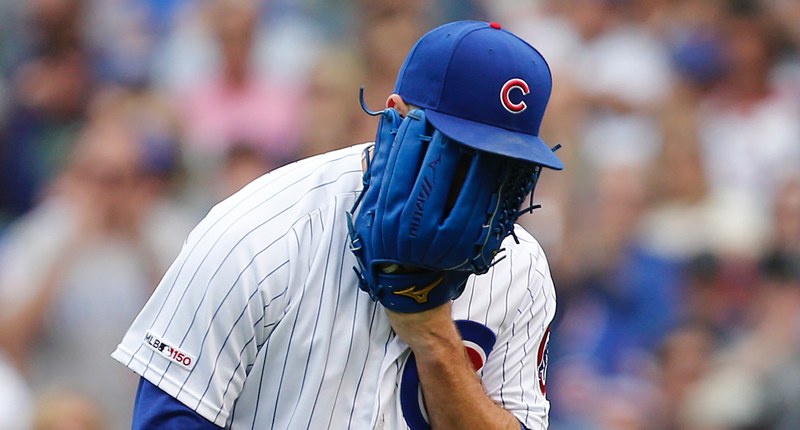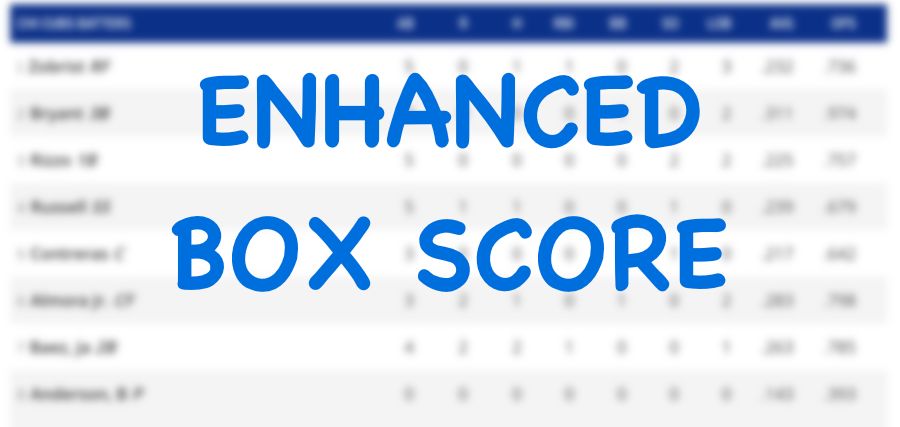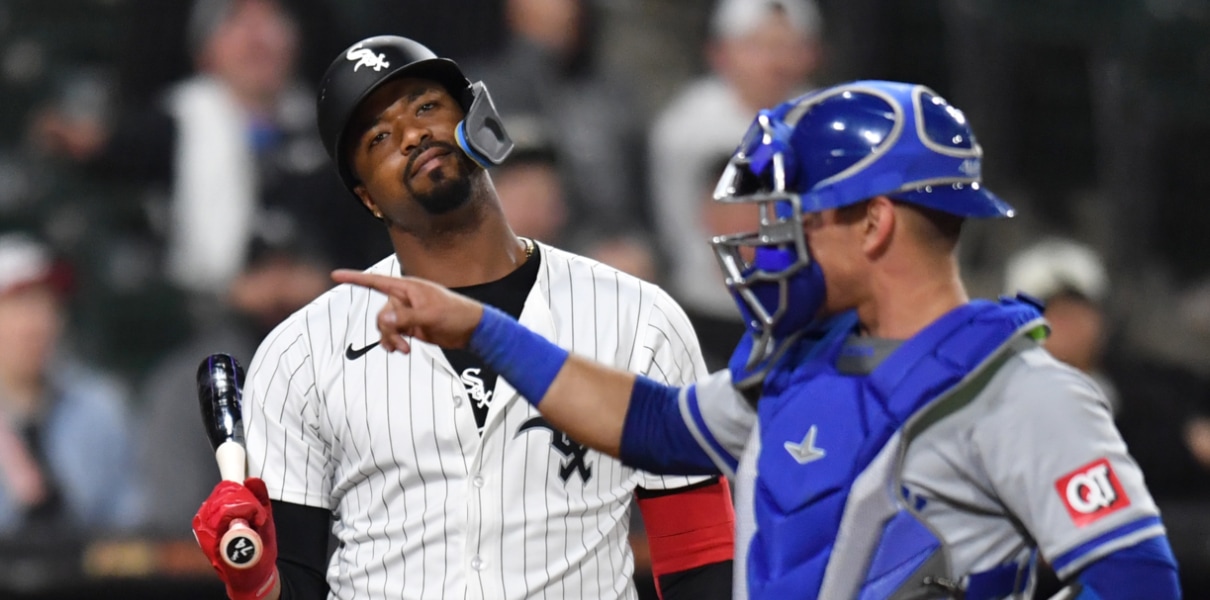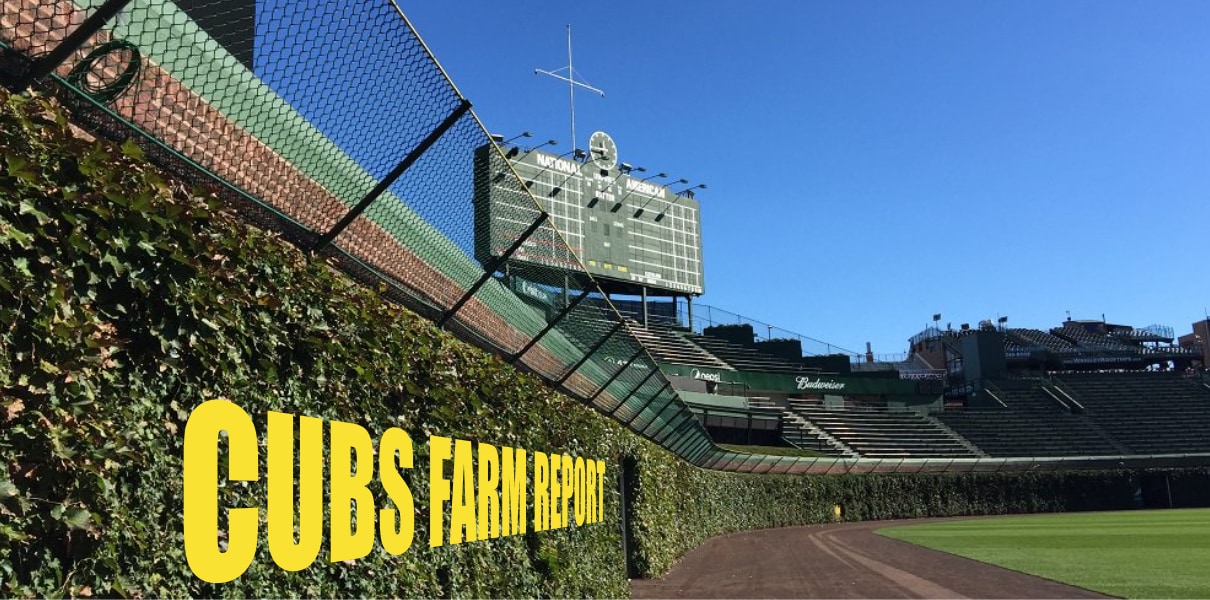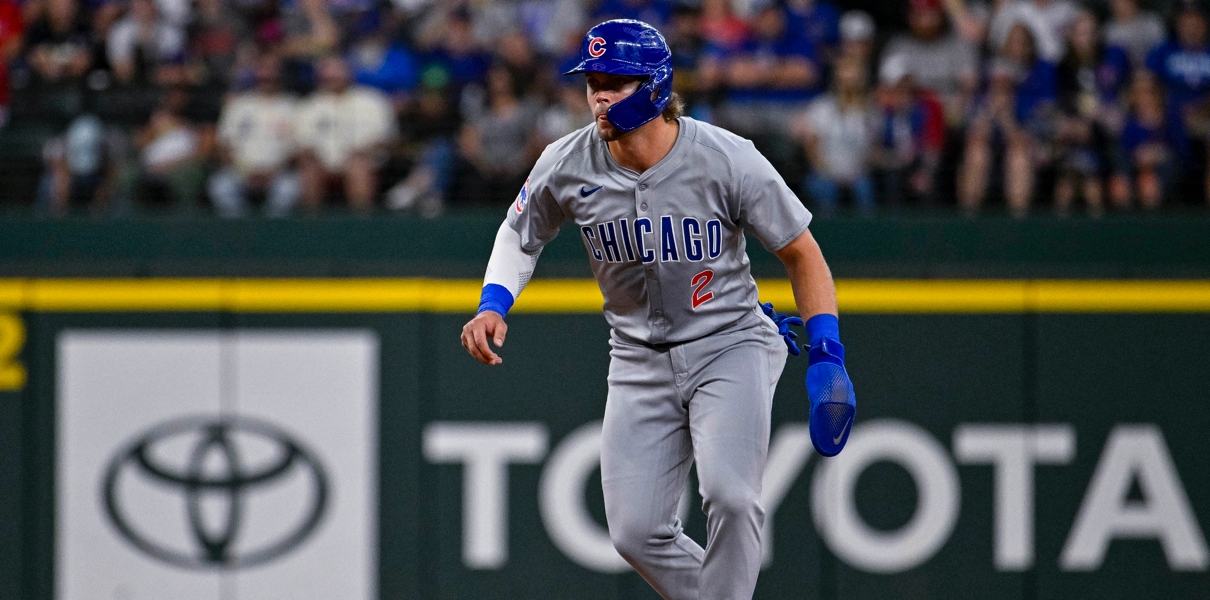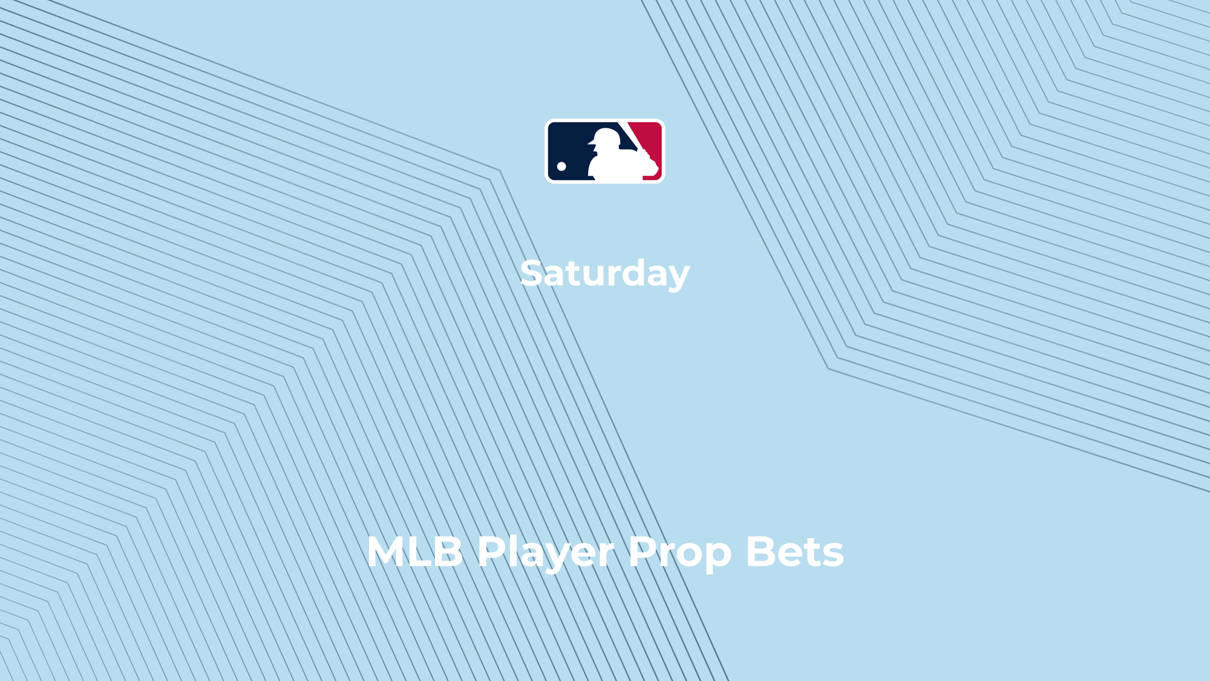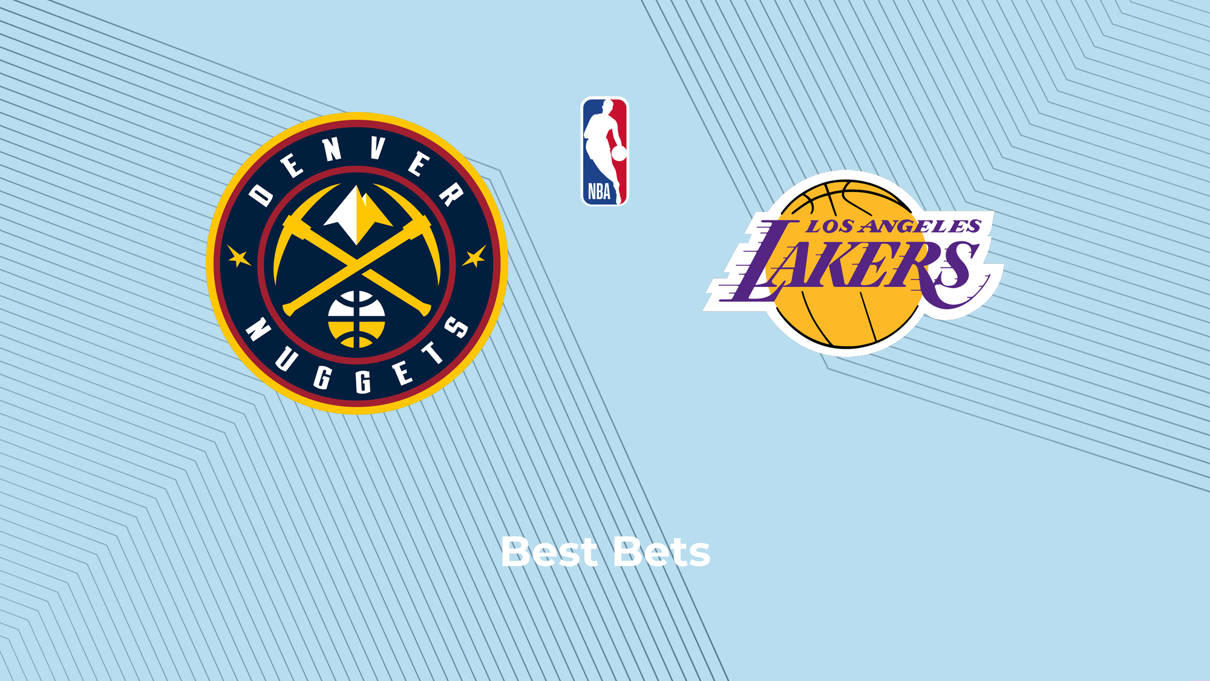In general, if you aren’t an overwhelmingly young team expected to progress by leaps, and if you lost a lot more talent than you gained in an offseason, you’re going to be projected to win fewer games than you won the year before. Just the reality.
On that superficial basis, how could anyone take issue with USA Today’s panel projecting the Cubs to win just 82 games, two fewer than last year, and finish in fourth place?
Pitchers and catchers report next week. https://t.co/Ss28tyqERh pic.twitter.com/6pmaTNj6qa
— USA TODAY Sports (@usatodaysports) February 4, 2020
The Cubs have lost Cole Hamels, Nick Castellanos, Brandon Kintzler, Steve Cishek, Ben Zobrist, Pedro Strop, and Joe Maddon from a team that massively underwhelmed in 2019, plus the core is now a year older, and anyone who says the team will perform even worse in 2020 is at least working from a rational baseline. Whatever your level of fandom, you just can’t beef too angrily with a projection like this.
Now, to be fair, most statistical projections are going to have the Cubs for a few more wins on paper, and also had the Cubs’ 84 wins last year as quite a few less than they “should” have had by the underlying performance. So if you buy those more than the actual 84 wins last year, you probably think an 82-win projection for the Cubs right now is far too pessimistic. I think, if the Cubs kept this band together all year, they probably do win more than 82 games. If they added at the deadline? Even more.
But my biggest question remains: are the Cubs going to keep this band together? We know that trade talks are still happening, and we know it’s still possible that the Cubs will trade away Kris Bryant before the 2020 season begins without replacing his anticipated production. If that happens, why would you project the Cubs for more than 82 wins?
You can read the USA Today piece for the justification on the Cubs, and the part I will beef with is all six panelists laying out the NL Central identically, with the Cubs in 4th. I think the non-Pirates teams in the division are just too much of a cluster to sort that clearly, and I really don’t think I can say for sure the Brewers and Reds are obviously better than the Cubs on paper.
In the end, the point here is mostly just to share the projection – there will be more – and tee up the external expectation that this team will perform even worse than they did in 2019. I am wholly unsurprised at those kinds of projections, and even if I’d take the over on 82 wins, I don’t really have the energy to fight it too aggressively. The Cubs didn’t pick a lane this offseason – just like last offseason – and we saw how the status quo performed last year.



